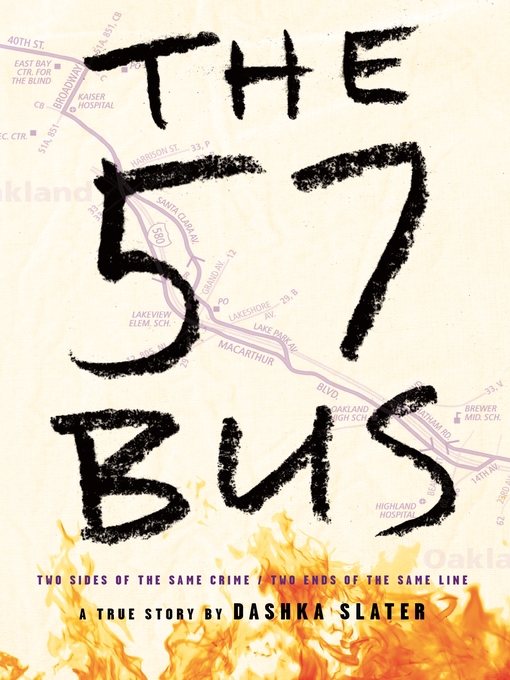A Surprisingly Simple Solution
My Experience and Conclusions Following the Controversy in LISD
May 25, 2021
I want to give some personal insight to teachers and students across the district about what I’ve learned through the process of writing and releasing my recent editorial “Is LISD S.I.C.K?” and some conclusions that I have drawn about the ongoing curriculum debate. A protest was held on April 28, to which the extent of participation is not entirely known, where students voluntarily left classes in support of the Stop Indoctrinating Our Students K-12 movement. Since then, people across the district have continued to educate themselves on the issues and controversy we currently face in our 2021 curriculum. However, this time I’m not here to cover the board debates, parental support online, and the somewhat stalemate situation.
First off, I believe there is mass confusion about what was being protested by the parents and students on April 28. Those that chose to participate in the walkout, my fellow absentees, are not homophobic. We are not racists or sexists. We certainly do not believe in censorship. We do believe in the schools’ obligation to place quality literature in the hands of our students with books chosen on skill rather than equity and exposure.
Although parents and officials have struggled to keep the issue non-political it has become a polarizing topic in our communities. I would say the majority of protesters would identify as conservative, while the majority of the books’ supporters lean more liberal. As a protester and conservative I believe it is obvious that I support our great country’s freedoms to the fullest extent. Our first amendment is what allows me to write this article in the first place. However, I also respect the rules put in place to protect and nurture our society, especially when it comes to our children. For example, as stated on the mLISD Internet Filtering page via leanderisd.org, “The Leander ISD Information Technology team manages a web filter in order to support learning enhanced by technology, to keep students safe and to comply with federal law.” The filters on our websites do their jobs, helping to protect our students and enhance their learning experiences by keeping their browsing to an age appropriate level. Perhaps it is time to apply these same rules and restrictions to our curriculum.
Schools have two main priorities: to teach students the material and basic skills they need to survive in life post high school, and to prepare them to be active and contributing members of society. Our schooling and education is what keeps the United States so high in the global standings in terms of percentage of population that receive a higher education, economic success, and even military strength. What LISD and districts across the nation have been doing is taking away a key principle of education–learning–and replacing it with exposure.
With all that being said and with the books discussed in the previous article being slowly pulled for review, I believe there is a solution to the problem. To put it simply, teachers should be allowed to teach our students what they need to know to succeed. For this exact reason, the TEKS were created and passed into Texas state law in 1997.
The state of Texas has certain requirements for students to graduate and for teachers and districts to follow. The TEKS, or Texas Essential Knowledge and Skills, have been the blueprint by which students have been educated since its implementation in 1998. Teachers are given the freedom to put their personal touch on these TEKS as long as they abided by the subjects needed to pass the state standardized tests. This process allowed students to get a unique learning experience and has had a positive impact on the educational community in Texas for the past 22 years. Part of the recent controversy was situated around the lowered standards for students’ learning to make way for “exposure.” There are so many books that can leave an impact both socially and academically. We need to keep those books, like “The 57 Bus.”
First and foremost, “The 57 Bus” lexile score is rated at a 930 by teachersfirst.com, a trusted resource created by fellow educators. The events that take place in “The 57 Bus” are based on a true story. A person who identifies as agender, meaning they do not identify as male or female, has their skirt set on fire by an African American boy in Oakland, Cali. Common Sense Media, which is a trusted resource for parents and teachers regarding appropriate media, says, “The 57 Bus explores race, class, gender, incarceration, and identity.” This is just one example. There have to be more books out there that can challenge students in their social awareness as well as academically. I read “The 57 Bus” in my sophomore year AP English class and it helped me to improve my perspectives and broaden my understanding of the social issues minorities face in our country.
I strongly encourage any student or teacher that has not read this book to pick up a copy. The story is presented in a compelling and vivid fashion and is capable of analysis at the level AP students signed up for. This is the appropriate way to expose students to the topics of gender, race, class, sexuality, and other topics without being unnecessarily graphic.







